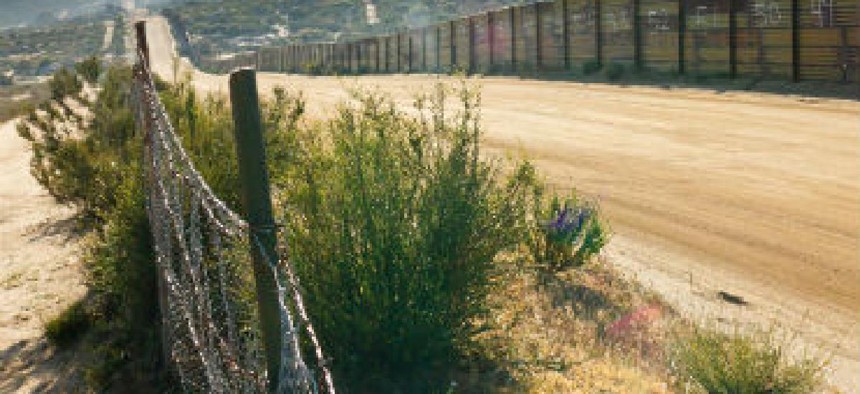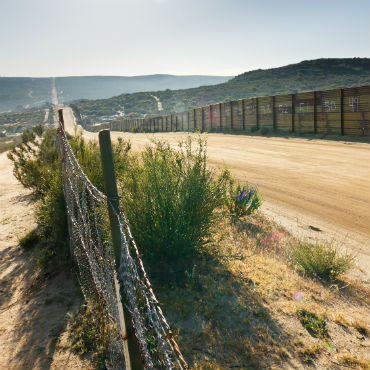DHS officials say border databases are working together

Interlocking database checks are a potent link in blocking potential terrorists from entering the U.S., DHS officials said at a Capitol Hill hearing.

In the past year, hundreds of immigrants have been denied entry to the U.S. because they turned up in U.S. terrorism or criminal databases and thousands more were not allowed to board aircraft into the U.S., Department of Homeland Security officials told lawmakers on Sept. 14.
Deep checks of multiple intelligence, homeland security, federal law enforcement, foreign national databases and expert agency personnel overseas are making it difficult for terrorists to enter the country, said Francis Taylor, undersecretary for intelligence and analysis at DHS.
He and other top officials from the Transportation Security Administration, Customs and Border Protection, Citizenship and Immigration Services, and Immigration and Customs Enforcement testified at a House Homeland Security Committee hearing on how their agencies are blocking terrorist pathways into the U.S.
In his official testimony, Taylor said that since January, about 7,000 known or suspected terrorists were denied boarding or received secondary screening at airports worldwide thanks to DHS' Secure Flight passenger prescreening program.
Hundreds of potential immigrants have been denied entry into the country because of the results of criminal background checks, said Leon Rodriguez, director of Citizenship and Immigration Services. Others were blocked because the agency's overseas agents were not comfortable with how the applicants acted in interviews, he added.
Republican members of the committee expressed concerns about visa vetting, airport security overseas, and terrorists' ability to get around background checks and cross the U.S. border with Mexico using fake passports.
Rep. Earl Carter (R-Ga.) asked Kevin McAleenan, deputy commissioner of Customs and Border Protection, what his agency was doing to combat potential threats from fighters returning to the U.S. from terrorist-backed conflict overseas.
McAleenan said CBP's National Targeting Center gathers background data from international and U.S. databases that can identify terrorists leaving conflict areas.
CBP has also been working on incorporating other data sources into its reviews. In June, it asked for public comments on a proposal to require travelers to specify which social media they use as part of the application process for the Electronic System for Travel Authorization and the Visa Waiver Program.
Taylor said programs that evaluate visa and immigration applicants in their home countries have "pushed the borders to the far reaches" of where DHS can begin background checks. The pool of data DHS can access has been widening as a result, he added.
Republican lawmakers also raised the issue of terrorists moving through Latin America, including Cuba. Rep. Jeff Duncan (R-S.C.) said he was concerned about DHS agents' ability to screen "other Than Mexican" immigrants moving up through Central America to Mexico and over the southern U.S. border and their ability to tell fake passports from real ones.
The "special interest alien issue is a nagging concern," Taylor said, referring to people trying to enter the U.S. from countries with ties to terrorism.
However, he added that the U.S. has built "effective relationships" with many countries in Central and South America, which has helped.


